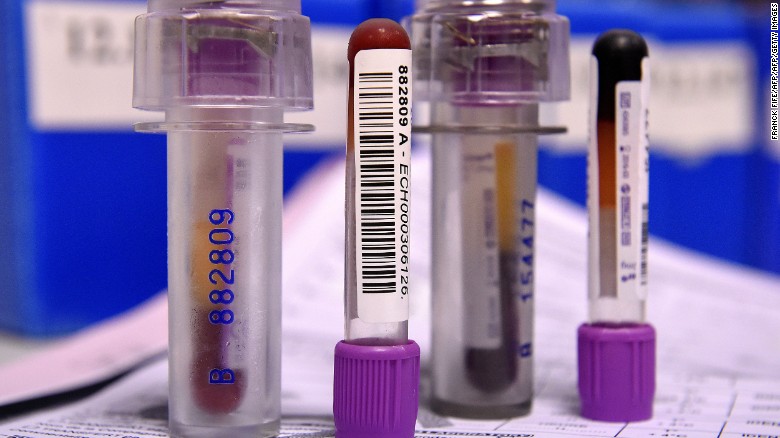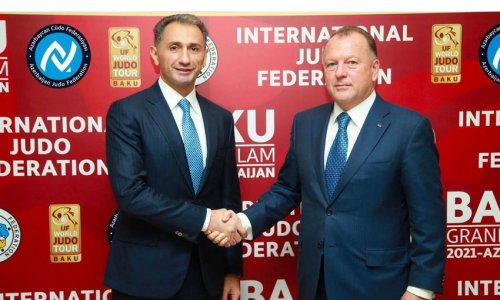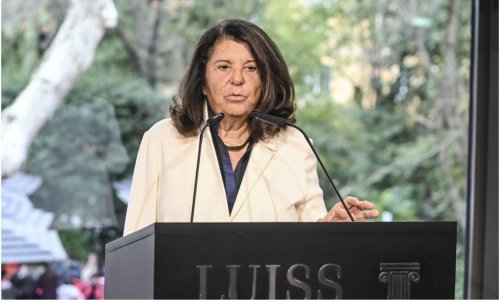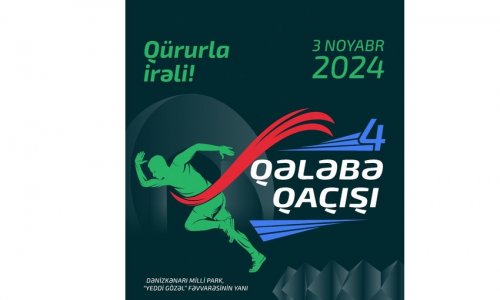Russia's hopes of competing at the Olympic Games appear to be hanging by a thread after the release of a World Anti-Doping Agency (WADA) report including allegations of bribery, intimidation and tampered packages as drug testers tried to carry out work in the country.
Russia's track and field athletes were banned from international competition in November after a damning report made accusations of state-sponsored doping. The latest allegations come just before the International Association of Athletics Federations (IAAF) decides Friday on whether it should allow Russian athletes to compete at the Rio 2016 Olympics.
Entitled "play true -- Update on the status of Russia testing," WADA's report records the lengths Russian athletes allegedly went to avoid being tested and deceive doping control officers (DCOs).
According to the report, 736 requested tests of Russian athletes were declined or canceled and 73 of 455 tests could not be collected because the athlete wasn't available, while 52 tests turned up a banned substance. Testing took place between November 18, 2015 and May 29, 2016.
The Russian Athletics Federation declined to comment when contacted by CNN, but Kremlin spokesman Dmitry Peskov called into question WADA's findings.
"I do not know what these assertions are based on. They need to be thoroughly analysed by our sport experts," Peskov said in a news conference.
"There have been allegations [in the past] where WADA has based its results on concrete tests. But what are these [latest] allegations based on?"
Russian sports minister Vitaly Mutko, however, said earlier in the day that his country was ready to assist WADA in any testing going forward.
"I tell you once again, if you need any assistance from the government, just say so," Mutko was quoted as saying by Interfax news agency.
"We will do anything we can for [WADA] officers to be able to visit any city, even the ones with limited access."
The WADA report said one athlete had tampered with sample collection procedures by using a container inserted in her body "presumably containing clean urine."
When she tried to use the container, the report says, it leaked onto the floor. The athlete then tried to bribe the DCO according to the report, before eventually providing a sample which subsequently returned an "adverse analytical finding."
DCOs, according to the report, were intimidated when accessing military cities, with armed federal security agents threatening them with expulsion from the country, while they were also significantly delayed from entering other venues by staff. On other occasions, testers were not told the location of athletic events where testing was to take place.
Elsewhere, WADA alleges national championships for Olympic sports were held in cities with restricted access due to ongoing civil conflicts, leading to test requests -- including for weightlifting and Greco-Roman wrestling -- being declined.
Another athlete was "observed running away" after competing, while others were found to not have completed their events or withdrawn from start lists.
WADA-accredited laboratories reported that testing sample transportation packages had been opened by Russian customs, while WADA also said it received reports from a wrestling event that "a laboratory [was] present with centrifuge and other analytical equipment operating and athletes freely visiting."
The information in the reports was collated in partnership with United Kingdom Anti-Doping (UKAD).
WADA says the report has been shared with the IAAF's Anti-Doping Task Force, with the IAAF due to meet in Vienna on Friday when a vote is expected on whether to lift Russia's ban from international competition.
(CNN)
www.ann.az
Follow us !











